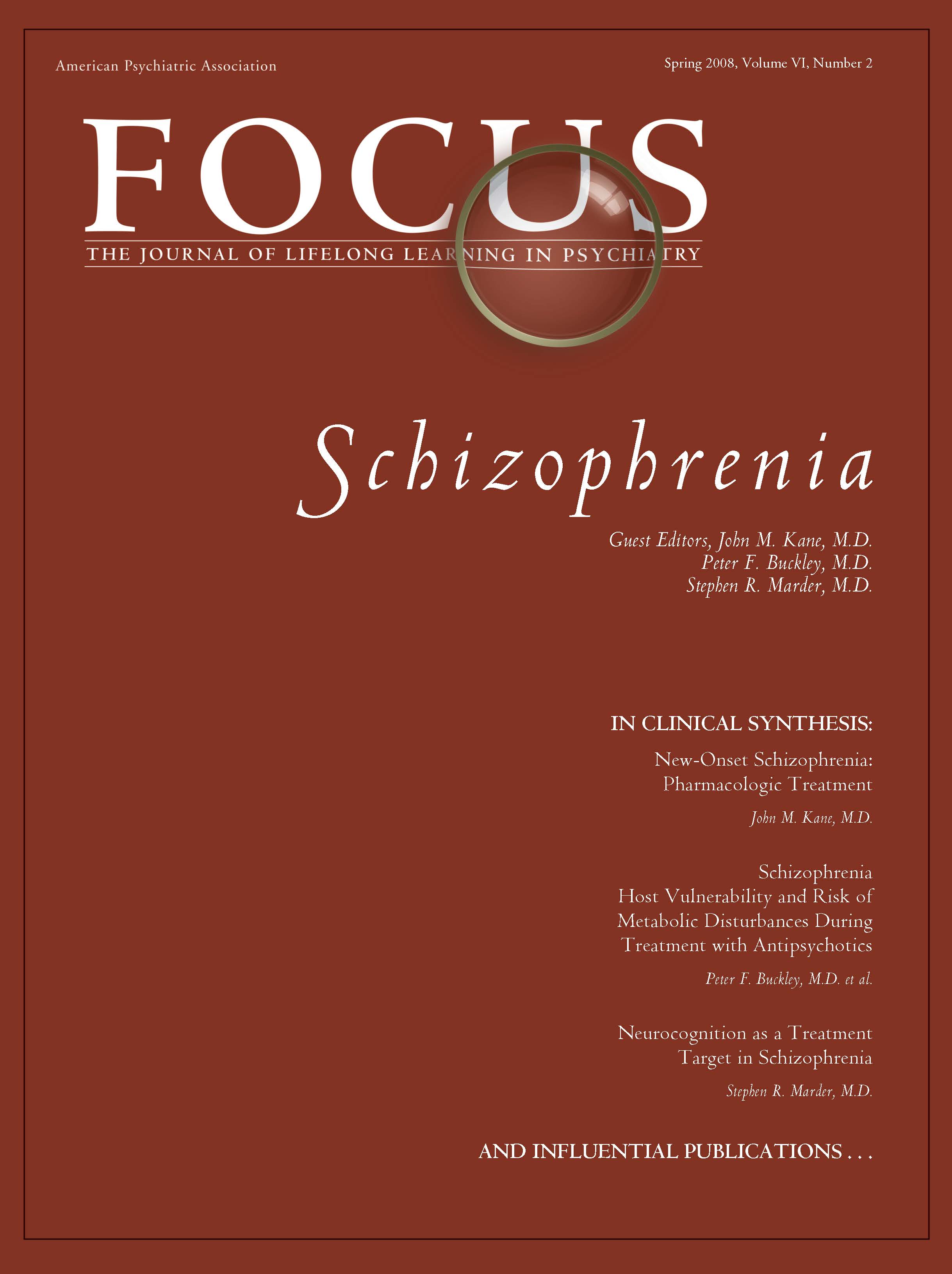Sexual Dysfunction in Schizophrenia
Abstract
Purpose of review Sexual dysfunctions have been described as being common in schizophrenia patients. The pathophysiology behind their development remains unclear. They can be secondary to the disease itself or an adverse event of antipsychotic medication. Therapeutic interventions are also not well studied. Recent findings Earlier work has suggested that second-generation antipsychotics bear fewer risks for developing sexual dysfunction because of a lower propensity to elevate prolactin levels, although the latter does not apply to amisulpride and risperidone. Only a few controlled trials with larger patient samples have been performed in the past. Summary The review covers studies published from March 2005 to June 2006 focusing on sexual dysfunctions in schizophrenia patients, as well as their possible causes. Treatment options and the impact of sexual dysfunction on quality of life are also covered. The reviewed papers show no clear consistency regarding potential advantages of one drug over another. Many trials suffer from small sample sizes. The field badly needs more and larger studies on this topic.
(Reprinted with permission from Curr Opin Psychiatry 20:138–142)



